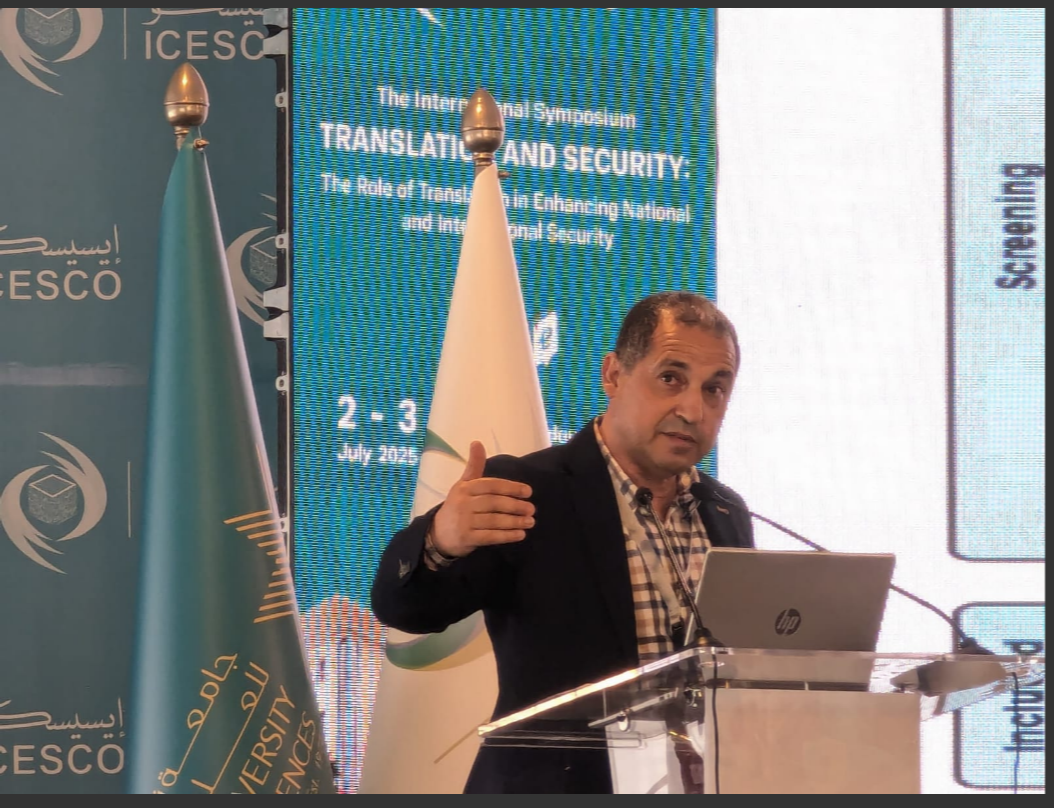Translation specific research methods is the missing link at many translation departments in the Arabian context and elsewhere. The reason being is that research methods in translation studies is a very recent emerging practice in academia. Recent in even the best institutions hosting MA/doctoral degrees in translation. In the Arabic context, we need to integrate this new knowledge now. Of course, there will be an ongoing the usual rift from the gatekeepers of existing and non-discipline specific methods/methodologies ( from neighboring disciplines- Philology, linguistics and comparative literature...or even applied linguistics). We think that it is a good practice for all translation studies departments to embark on that initiative and update their curriculum.
Time to point out the misconceptions that many administrators and faculty alike have on translation in general and, especially translation studies. I personally took a big risk going to enroll in an education department in Canada to do my PhD in translation education and training (faculty of education). Why? because it is only in the faculty of education sciences I could have a solid training in research methods and methodologies. I adapted the learnt methods/approaches to the field of translation education or translation studies alike. I never regretted that. I updated my knowledge and learnt new ones. New way of addressing research methods for translation and interpreting studies, especially the applied dimension of translation studies.

